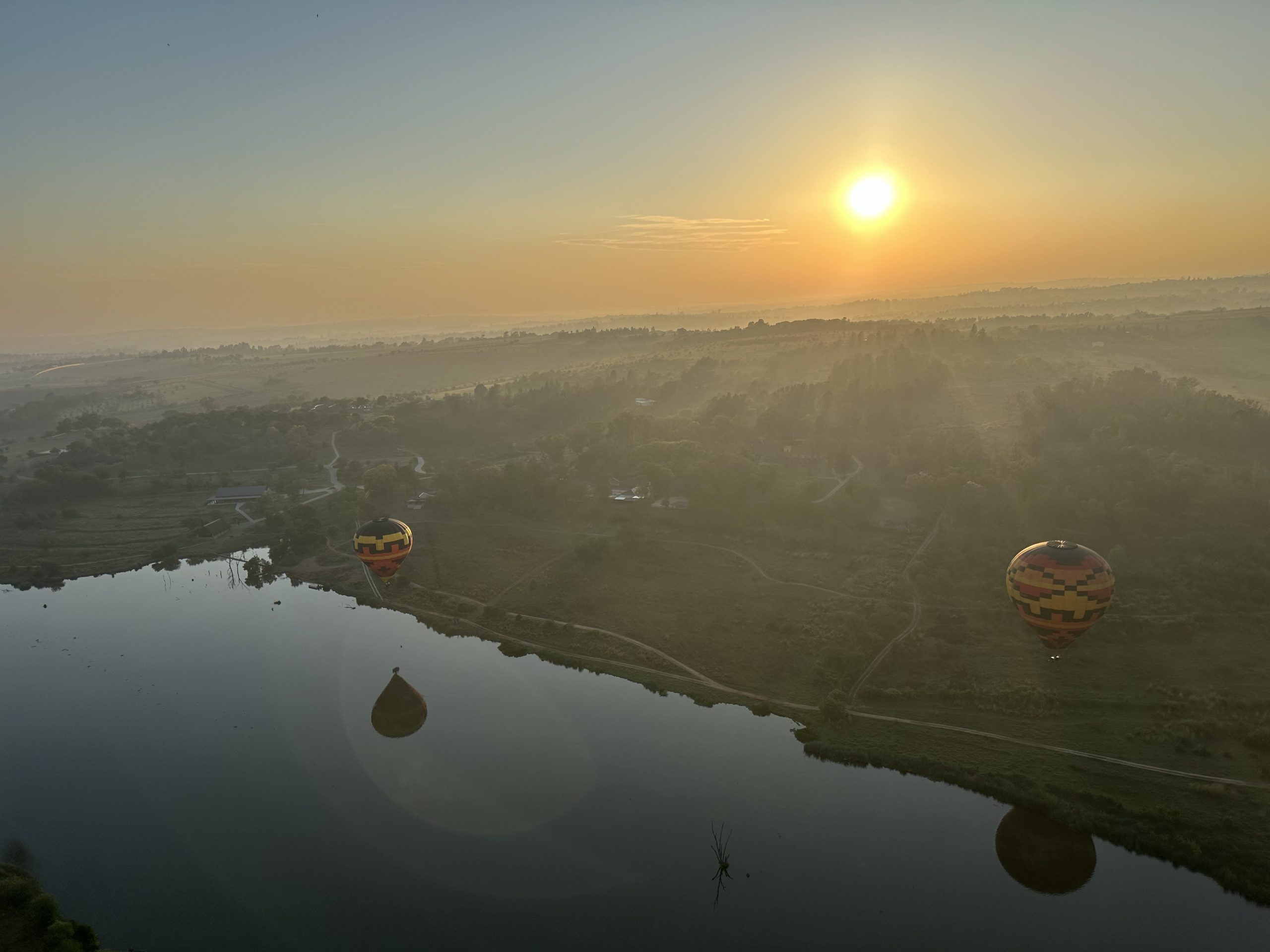Tourism in Post-Apartheid South Africa
Overview
| Location | Locations in South Africa |
| Prior to departure | May 11-15, 2026 (some synchronous zoom classes in Canada) |
| Arrival Date (S.Africa) | May 24, 2026 |
| Teaching Dates | May 25-June 12, 2026 |
| 3 Credits | ANTH 490 |
| Eligibility | Third year standing. One course in ANTH or GWST is recommended |
| Approximate Program Fee | $3,700-$4,100 |
Information Session
Wednesday, November 5 @ 5pm (Zoom)
Click on the application link below to sign up for the Info Session. You will receive the zoom link the day before the session.
Application Deadline: wednesday, december 10th, 2025 (11:59 pm PT)
Click on the application link below and search UBCO South Africa
Program Information
About the program
What does it mean to be a tourist in post-apartheid South Africa? This course explores how international tourists are situated in the social, racial, and economic transformations underway in South Africa and the diverse meanings and practices of community-led tourism. The course will examine key actors in the development of tourism in contemporary South Africa including the complex role of South African tour guides in the post-apartheid era. The course also explores the socio-political movements that are reclaiming wildlife and “game reserve” tourism for Black South Africans and promoting township tourism in Soweto and inner-city tourism in Hillbrow through community-led initiatives and “ground up” tours. Journal keeping, critical reflection, and engagement with tour guides, tourism scholars, and tourism students are core learning and evaluation modes. The theoretical perspective draws from critical and anti-colonial tourism anthropology, geography, critical race theory, and whiteness studies.
ELIGIBILITY AND PRE-REQUISITeS
Students should be at third year standing, which means completion of Year 2 by April 30, 2026. It is recommended, but not required, to have completed one course in ANTH or GWST. This is a field course where participation is very important, as is the ability to work within small groups.
COURSEWORK
ANTH 490 (3 credits) Topics in Anthropology: Tourism and Being a Tourist in Post-Apartheid South Africa
Timeline
Teaching Dates: May 25 – June 12, 2026
Arrival: May 24, 2026
Week 1 (May 25 – 29)
We will explore community-led tourism in Soweto, a large township outside of Johannesburg that was central to the resistance against apartheid. Through daily tours led by a multi-generation resident and community advocate, we will engage with historical sites related to the anti-apartheid movement along with sites germane to current community development in Soweto as an increasingly popular tourist destination. And, yes, along with Nelson and Winnie Mandela’s House, we will see Trevor Noah’s house made famous by his book, Born a Crime.
Week 2 (june 1-5)
Our base for week two will be Melville, one of Johannesburg’s most popular tourist spots known for trendy cafes, art, and music, near the University of Johannesburg. Lectures and exchanges with faculty and students from the Tourism Department at the University of Johannesburg will enrich our understanding of post-apartheid tourism from the perspective of the most current social science and humanities research and creative works in South Africa. Walking tours of Hillbrow, led by residents involved in community activism, as well as a visit to the Apartheid Museum will provoke critical thinking about post-apartheid from multiple locally informed perspectives.
Week 3 (June 8-12)
The final week presents an incredible opportunity to visit South Africa’s largest and most popular “game park” Kruger National Park while learning from local experts about its colonial history and the post-apartheid efforts to decolonize the park system. We will stay at a science learning center and undertake on–site experiential learning on topics including Black South African reclamation of the park, Indigenous ecology, and the socio-eco-politics of the “Big Five.”
Program Fees
Program fees: $3,700-$4,100. The final program fee depends on the number of students in the program.
| Included in program fee | Not included in program fee |
|
|
AWARd
Every student accepted into this program will receive a $1,000 Global Seminar Award. This will be distributed to students in May 2026.
Program Director Bio
Dr. Sue Frohlick

I am professor in Anthropology and Gender, Women, and Sexuality Studies at UBC Okanagan, and teach a wide range of courses. One of my favourite courses to teach has been ANTH 218 Tourism, Desire, and Difference. After teaching it for many years I am delighted to lead a global seminar to apply critical ideas and key concepts from tourism anthropology to this important context in South Africa. In past summers, Dr. David Geary and I co-led a “Go Local” course on tourism and the senses using experiential learning approaches in a day-field school environment, which students loved! I have written two books on tourism as it intersects with intimate and kin relations based on extensive fieldwork on the Caribbean coast of Costa Rica. I enjoy facilitating learning about tourism through anthropological methodologies that are very “hands on” and tactile as well as observational and reflexive. I bring this diverse experience to this course, and I look forward to working with my brilliant colleague and collaborator in South Africa, Dr. Julia Giddy, to ensure that students get the most out of this unique opportunity.
Dr. Julia Giddy: South African Contributor

Dr Julia Giddy is a Senior Lecturer at the School of Tourism and Hospitality at the University of Johannesburg. Dr Giddy is a tourism geographer broadly focused on tourism and inequality in Southern Africa. Her research specializations include transformation in nature-based tourism in post-apartheid South Africa, the interplay between tourism and the environment as well as issues surrounding tourism employment. She brings a wealth of experience in leading field schools at national parks in South Africa to this course, and will also facilitate faculty lectures and student exchanges at the School of Tourism and Hospitality.





